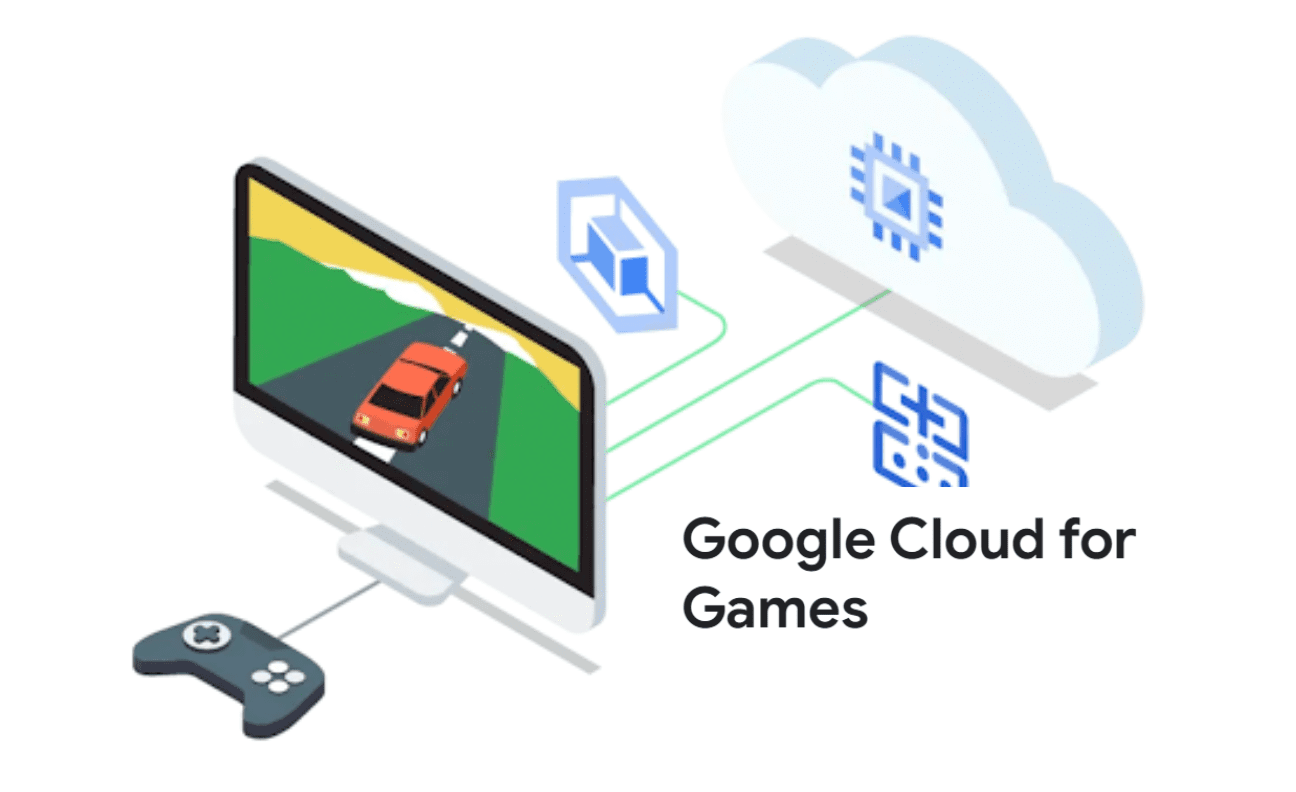Although Google’s Stadia platform had the potential to revolutionise gaming, it sadly lacked the appeal and engagement necessary to draw in its target market. After the announcement that Google is closing its gaming platform, individuals speculated whether or not this meant a withdrawal from the gaming industry.
Nevertheless, Google remains dedicated to gaming with a renewed concentration. Instead of developing its own gaming platform from scratch, Google has opted to provide cloud services for games offering live-service features.
Let’s delve deeper into Google’s current plan and what it could signify for the gaming sector in years to come.
Google’s New Focus – Live-service Gaming
As live-service games have become increasingly sought after, Google has taken note and seized the opportunity to capitalise on this lucrative market. By 2024, Google predicts that 3.6 billion users worldwide will be participating in live-service games.
To take full advantage of this significant growth, Google is strategically packaging its cloud services to enable the production and support of popular live-service titles, such as Fortnite and Apex Legends.
In order to help publishers succeed, Google has created cloud services that serve as the foundation of game creation and support. By aiding in development efforts, these tools will provide developers with the necessary infrastructure they need to create engaging games.
How Has Google’s Artificial Intelligence Helped?
Google’s mastery of Artificial Intelligence has been a pivotal element in the success of their live-service games. Through AI software, game developers can anticipate player behaviour more accurately and distinguish patterns to tailor unique experiences for gamers.
Additionally, Google’s upcoming AI-driven chatbot, Bard, is an exceptional writing assistant for game developers who want to create stories that capture the attention of their players.
On May 10th, Google is hosting its I/O conference where it will showcase the soon-to-be unveiled chatbot Bard and other hardware advancements. Attendees of this event are sure to gain an inside scoop on what’s next for tech giant Google.
Challenges With Live-Service Games That Google Is Conquering
Triumphantly surmounting the challenge of providing gamers with a continuous gaming experience across various devices, Google’s cloud services are designed to empower cross-platform play.
With Google’s cloud-based services, developers can now craft games that are accessible on an array of devices; from the comfort of your PC to the convenience of smartphones and consoles. With this move, Google is enabling gamers to seamlessly access and experience live-service games on any device they prefer.
Gamers will undoubtedly reap the rewards of transitioning towards cloud-based services for real-time gaming experiences. By collaborating with publishers, Google is guaranteeing that live-service games will be supported and updated for a long time post-release.
Thanks to this, live-service games are able to stay fresh and continually captivate players for the long haul. Furthermore, Google’s cloud services provide game developers with the capacity to innovate and create groundbreaking gameplay mechanics that were previously unthinkable.
Conclusion
Google’s choice to prioritise cloud services for live-service games is a wise and strategic manoeuvre that will surely prove beneficial. By joining forces with publishers, Google is making sure that live-service games can keep expanding and developing for everyone’s benefit: developers and gamers alike.
Google’s much-anticipated I/O conference is sure to unveil some thrilling, cutting-edge hardware and AI technology. Attendees will be given a comprehensive understanding of the framework behind these breakthroughs and exactly how they function.
As the gaming industry grows and progresses, it is evident that Google will remain an integral part of its transformation.









